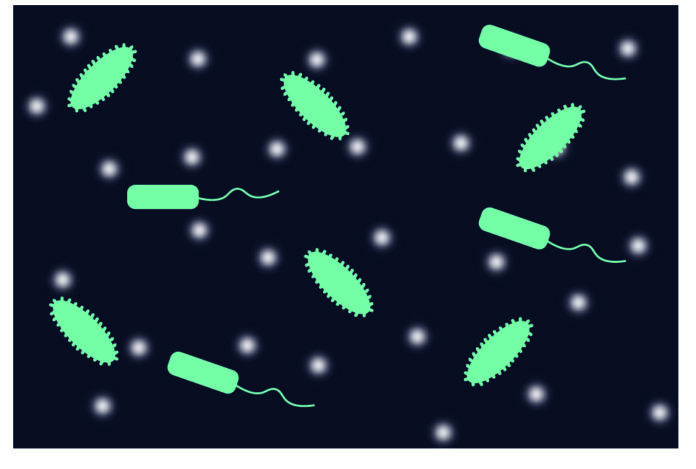UC Davis researchers find a link between Bifidobacterium and lower levels of antimicrobial resistant genes
The bacteria Bifidobacterium infantis started disappearing in Western countries in the 1950s. UC Davis researchers have found that the lack of B. infantis in the infant gut microbiome could negatively impact the health of these infants.
Human milk contains oligosaccharides, which are short chains of sugar molecules that babies can’t digest. Bruce German, a professor in the Department of Food Science and Technology and director of the Foods for Health Institute, worked with a team of scientists, including graduate students Bob Ward and Danielle Lemay and faculty members David Mills and Carlito Lebrilla, to isolate the indigestible oligosaccharides and test bacteria to see if they could grow with these oligosaccharides as their only carbon source for growth. Most bacteria didn’t grow at all, but B. infantis did. On further analysis of the bacterium, they realized how important it could be.
“In essence, this bacterium had a genome that had all the characteristics of a benevolent bacterium dedicated to thrive in the intestine of a breastfed baby,” German said.
Professor David Mills and post-doctoral fellow in Mills’ lab Diana Taft, started studying the effects of B. infantis in infants. They started by examining the data gathered from infants in Bangladesh and Sweden, where infants had B. infantis in their gut.
“I found a correlation between high levels of Bifidobacterium species [not necessarily just B. infantis] and lower levels of antimicrobial resistance within the infant gut metagenome,” Taft said. “This means that an infant where most of the bacteria in their gut was Bifidobacterium also had lower levels of antimicrobial resistance genes. However, correlation is not causation so I cannot definitively say that having higher levels of Bifidobacterium causes lower levels of antimicrobial resistance.”
So the increase of B. infantis in the infant gut microbiome could be the key to better health for infants. The disappearance of B. infantis in Western countries is an issue, but not one without a solution.
“One of the obvious approaches is to simply give B. infantis as a probiotic to breastfed babies,” Mills said. “It has been shown to work well in restoring the breastfed infant gut microbiome to what it used to be [over 50 years] ago in the USA.”
Written by: Kriti Varghese — science@theaggie.org




